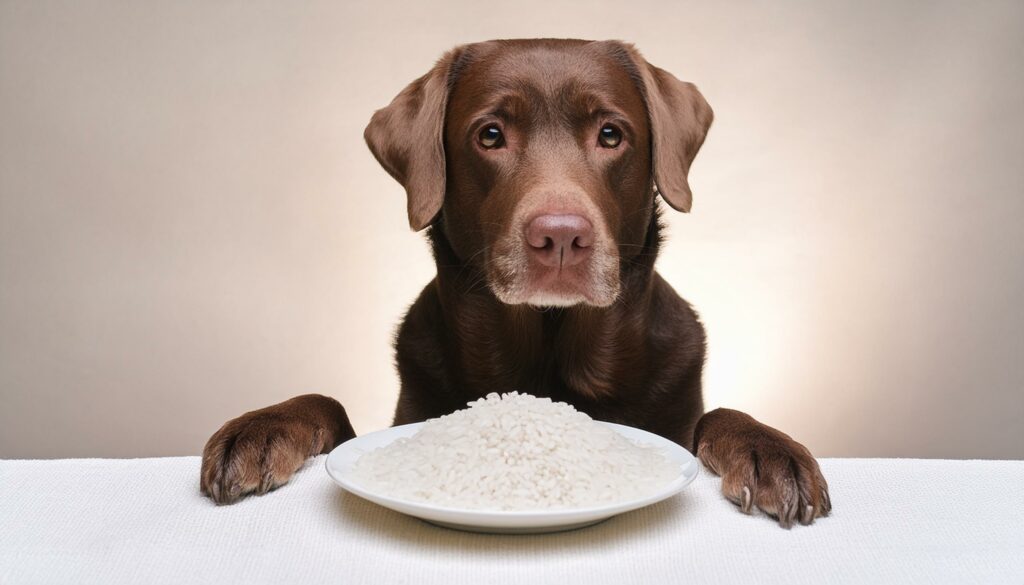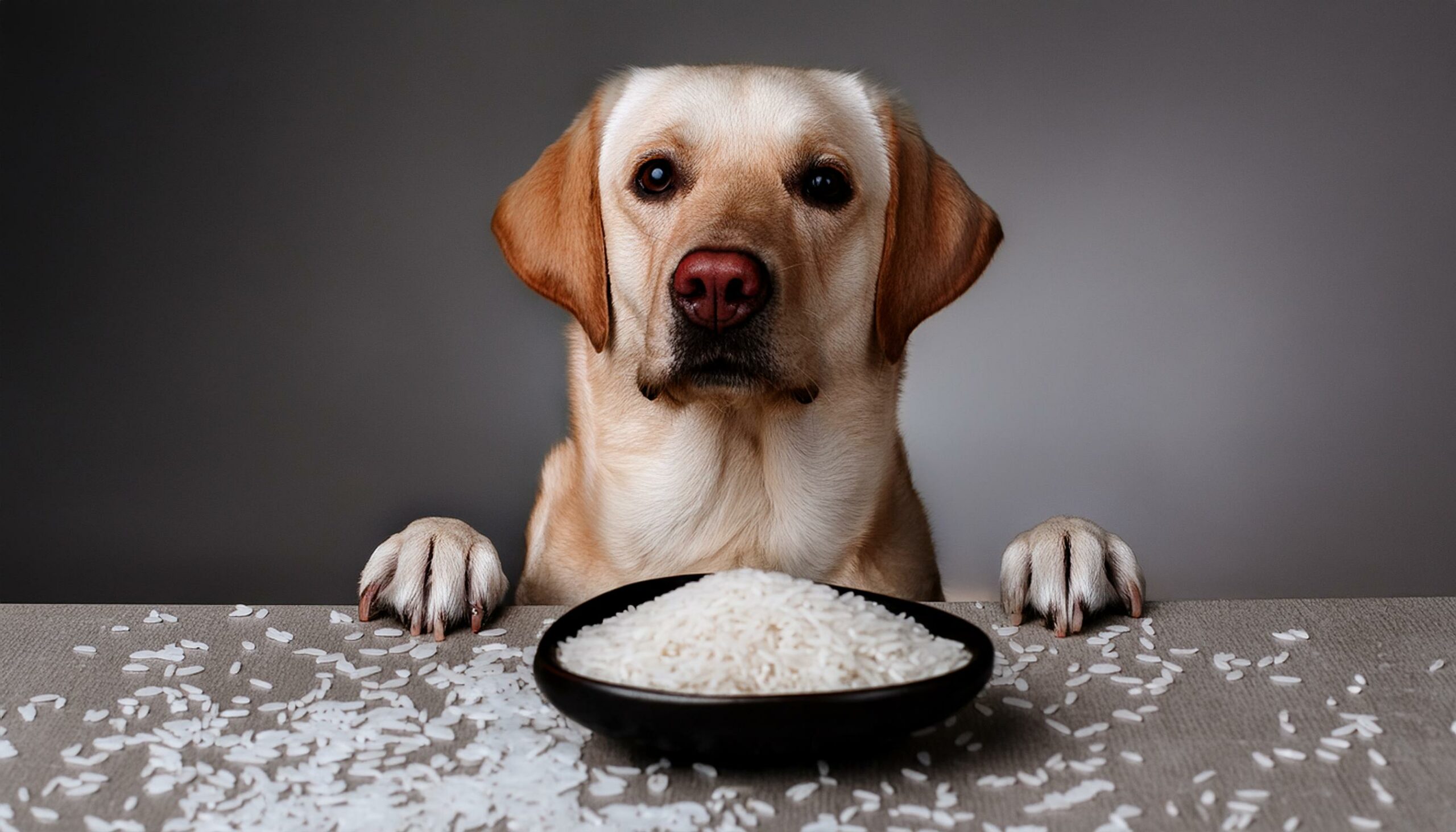Labradors, with their affable nature and boundless energy, hold a special place in the hearts of many as beloved family pets. As responsible pet owners, ensuring the health and well-being of our furry companions is paramount. One common dietary query that arises is whether Labradors can safely consume rice. In this comprehensive guide, we will explore the suitability of rice for Labradors, its benefits, potential risks, and alternative options to consider.
Explaining Labradors’ Dietary Needs
Understanding the dietary requirements of Labradors is essential before addressing specific foods like rice. Like all dogs, Labradors necessitate a balanced diet comprising protein, carbohydrates, fats, vitamins, and minerals to thrive. Protein aids in muscle development and repair, while carbohydrates provide the energy required for their daily activities.
Benefits of Feeding Rice to Labradors
Rice can offer several advantages when included in a Labrador’s diet:
Source of Carbohydrates
Rice serves as a valuable source of carbohydrates, furnishing Labradors with the energy necessary to sustain their active lifestyles.
Easily Digestible
One of rice’s notable attributes is its ease of digestibility, making it a suitable option for Labradors with sensitive stomachs or digestive issues.
Gluten-Free Option
For Labradors with gluten sensitivities or allergies, rice presents a gluten-free alternative to other grains such as wheat or barley.
Types of Rice Suitable for Labradors
When incorporating rice into your Labrador’s diet, it’s essential to consider the following options:
Brown Rice
Brown rice, a whole grain retaining its bran and germ layers, stands as a nutritious choice for Labradors. Rich in fiber and essential nutrients, it contributes to overall well-being.
White Rice
White rice, a refined grain devoid of its bran and germ layers, offers a lower fiber content compared to brown rice. Nonetheless, it remains a viable energy source for active dogs.
Preparing Rice for Labradors

To ensure the safety of rice consumption for Labradors, adhere to the following guidelines:
Cooking Methods
Opt for simple cooking methods such as boiling or steaming without the addition of seasonings or additives that may prove harmful to dogs.
Seasoning Considerations
Refrain from seasoning rice with ingredients like salt, spices, or sauces, as they may contain substances detrimental to a dog’s health.
Frequency and Portion Size
While rice can constitute part of a Labrador’s diet, moderation is key. Monitor your dog’s weight and adjust portion sizes accordingly, taking into account factors such as activity level and overall calorie intake.
Potential Risks and Considerations
While rice is generally considered safe for Labradors, it’s essential to be aware of potential risks:
Allergies
Some Labradors may exhibit allergic reactions to rice or develop sensitivities over time. Monitor your dog closely for signs of itching, vomiting, or diarrhea.
Obesity
Feeding rice excessively can contribute to weight gain and obesity in Labradors. Ensure that rice consumption is balanced with other nutritious foods and treats to maintain a healthy weight.
Alternatives to Rice for Labradors
For pet owners seeking alternative options to rice, consider the following:
- Quinoa: A protein-rich whole grain boasting fiber and essential nutrients.
- Sweet Potatoes: An excellent source of complex carbohydrates and vitamins.
- Oats: High in fiber and beneficial for digestive health.
Consulting a Veterinarian
Before implementing any significant dietary changes for your Labrador, consult with a veterinarian. They can provide personalized recommendations tailored to your dog’s specific needs, including age, weight, activity level, and any underlying health conditions.
Conclusion
In conclusion, rice can be a safe and nutritious addition to a Labrador’s diet when fed in moderation and prepared appropriately. As with any dietary decision, it’s crucial to prioritize your dog’s health and well-being. By understanding their dietary needs and making informed choices, you can ensure that your Labrador leads a happy and healthy life.
FAQs
Can Labradors eat rice every day?
While rice can be included in a Labrador’s diet, it’s best to offer it in moderation as part of a varied meal plan.
Should rice be the main component of a Labrador’s diet?
No, rice should not be the primary component of a Labrador’s diet. It should be balanced with protein sources and other nutritious foods.
Are there any health benefits of feeding rice to Labradors?
Yes, rice can provide energy, aid in digestion, and serve as a gluten-free option for dogs with sensitivities.
How do I introduce rice into my Labrador’s diet?
Start by offering small amounts of cooked plain rice mixed with your dog’s regular food. Monitor for any adverse reactions before increasing the portion size.
Can rice cause any digestive issues in Labradors?
While rice is generally well-tolerated by dogs, some may experience digestive upset if fed in excessive amounts or if they have sensitivities to grains.
